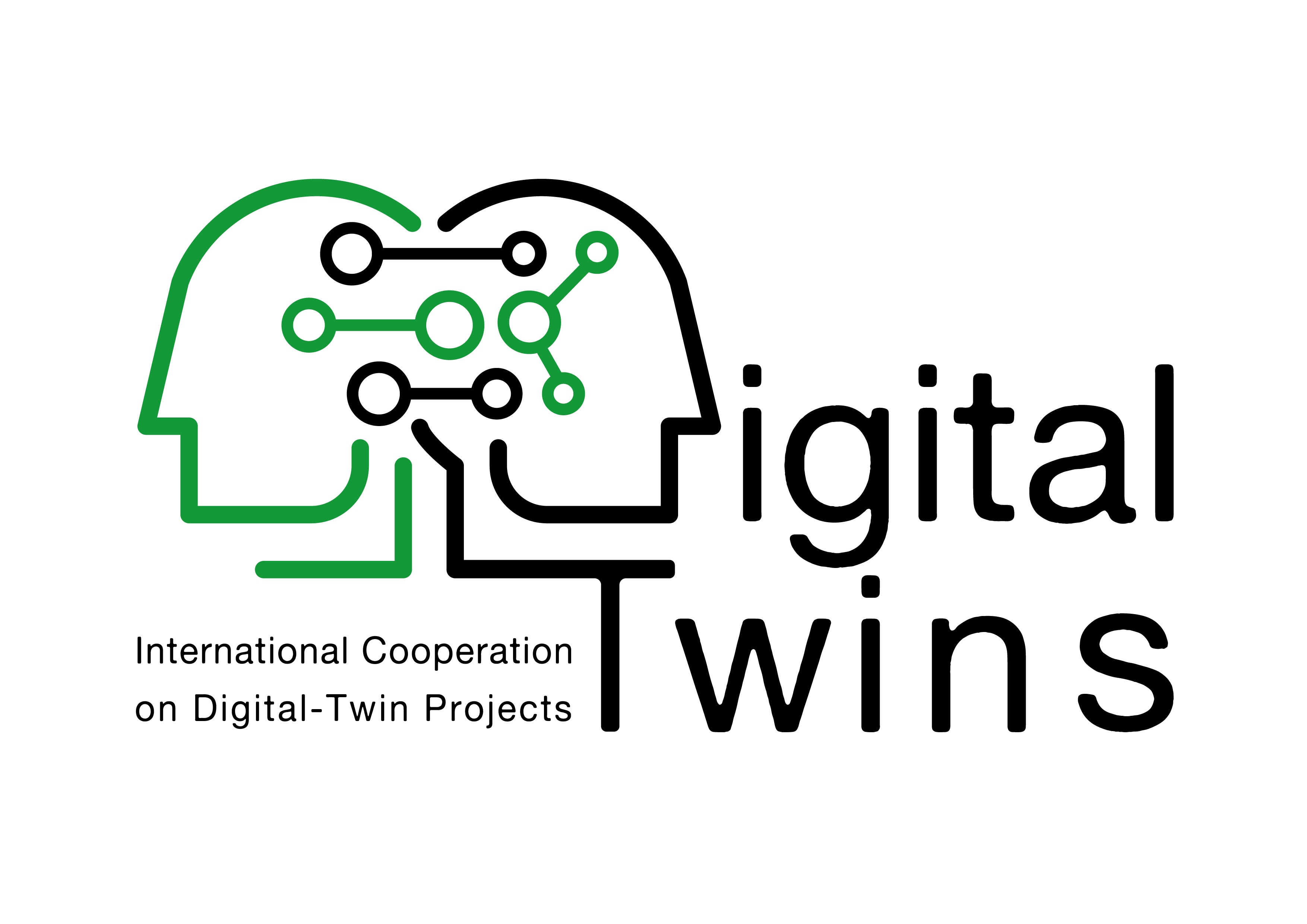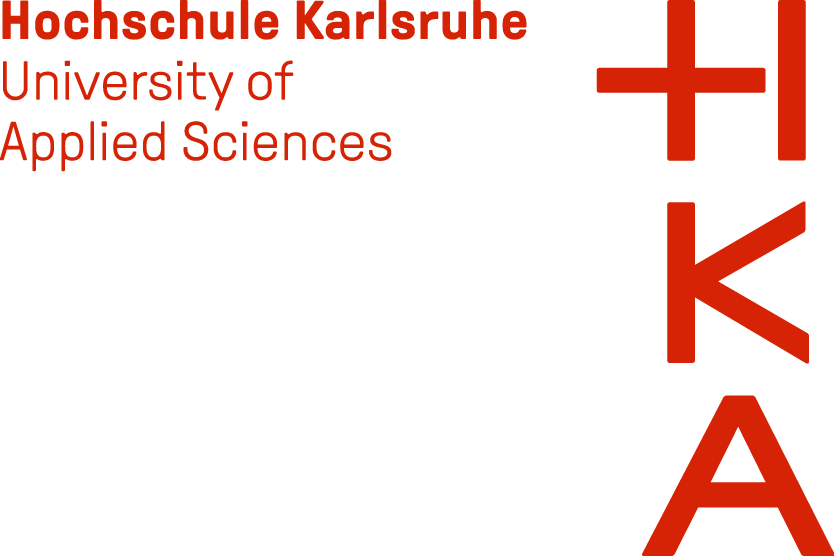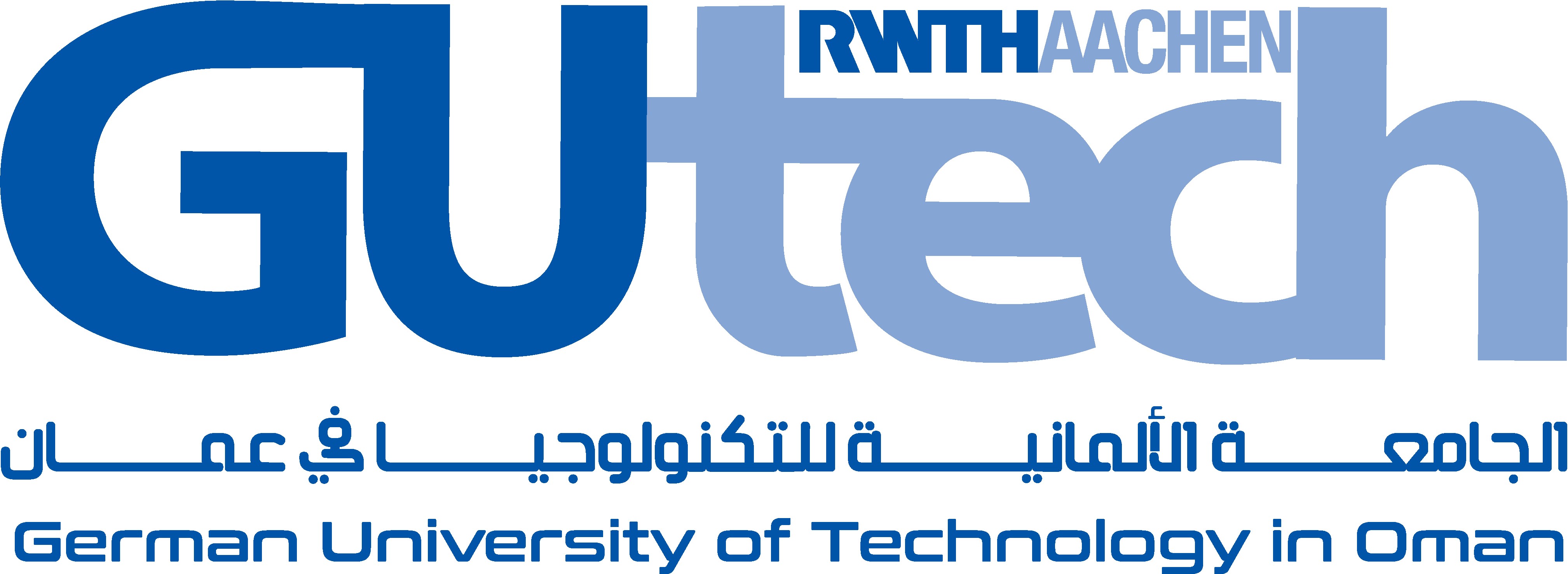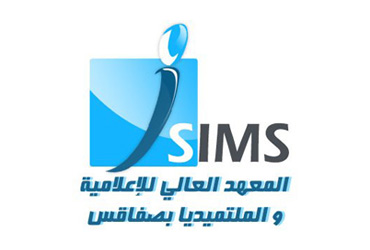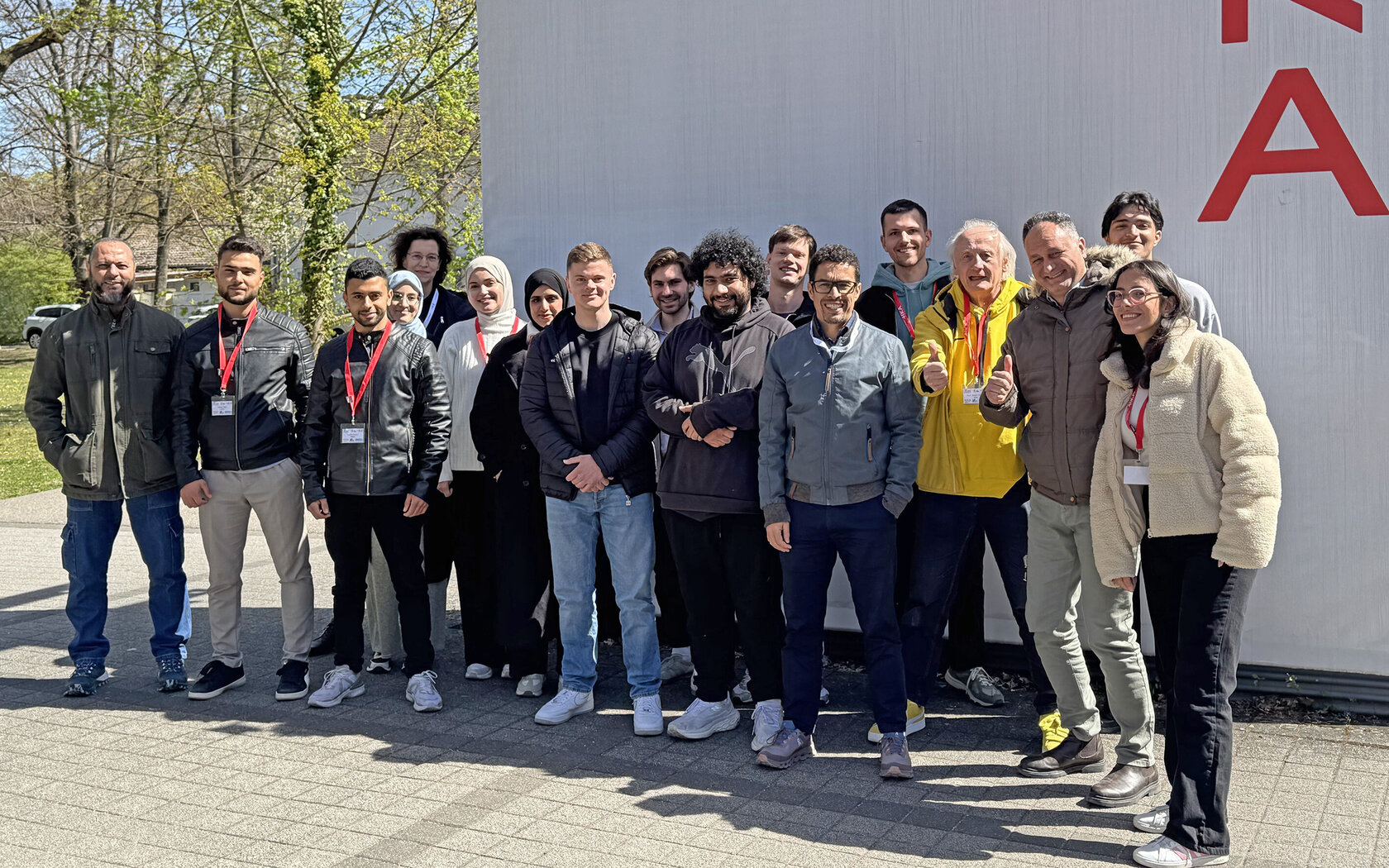
About the IC DT-P Project
An international cooperation advancing digital twin technology through academic partnership.
Project Overview
The International Cooperation for Digital Twin Projects (IC DT-P) is a multi-year initiative bringing together universities, sponsors, and industry partners across Germany, Oman, and Tunisia to advance research and education in digital twin technology.
IC DT-P focuses on developing advanced digital twin solutions for production systems, integrating IoT sensors, AI algorithms, and visualization technologies to create comprehensive virtual replicas of physical manufacturing environments.
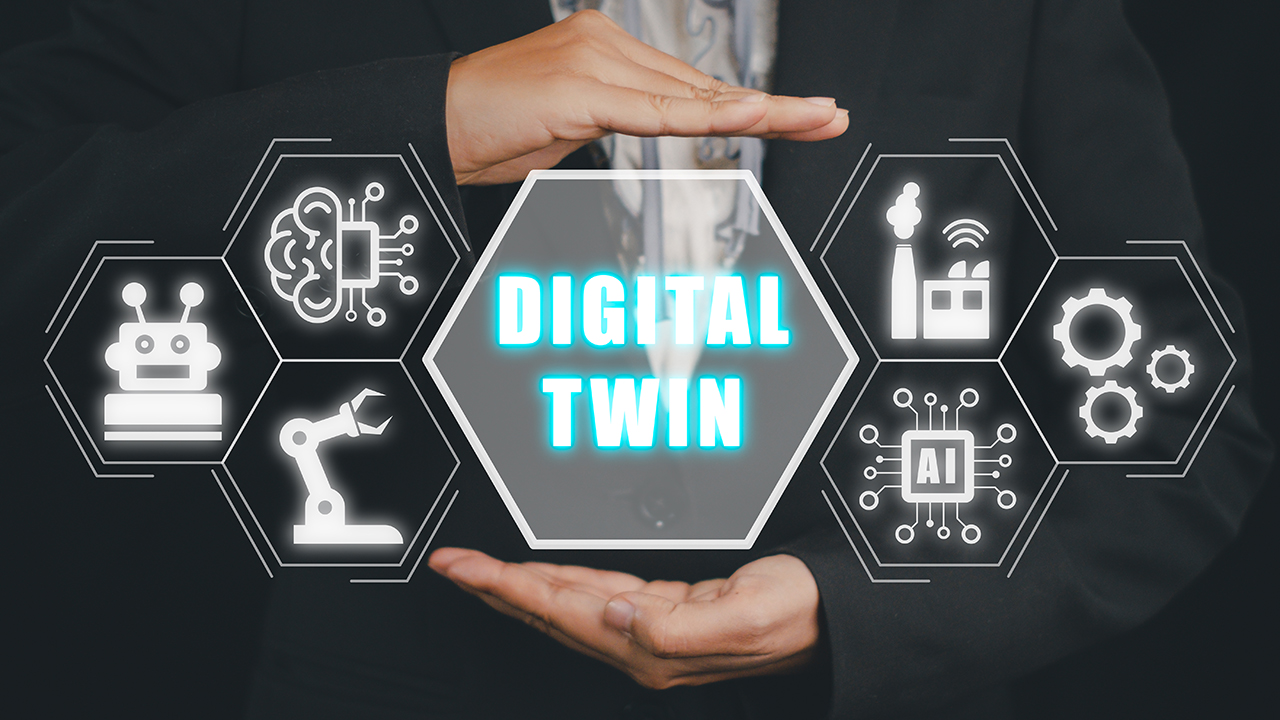
Project Impact & Challenges
Impact of IC DT-P
- Industrial Optimization and Education: Digital twins enable mapping production processes, predicting maintenance needs, and optimizing supply chains, with growing adoption (44% of German companies per Bitkom). Their integration into higher education via virtual labs simplifies understanding complex concepts in a risk-free environment.
- Interdisciplinary Skills: The complex nature of DTs (combining sensors, IoT, AI, simulations) requires practical training to complement theoretical courses, addressing the rising demand for qualified professionals.
- International Collaboration: DTs foster cross-border partnerships between companies and stakeholders, accelerating innovation and productivity. Student-led international projects strengthen both technical and intercultural competencies.
Challenges of the Project
- Technical Complexity: Integrating heterogeneous systems (models, simulation tools, platforms) demands standards like the Functional Mock-up Interface (FMI) to ensure interoperability.
- Practical Training: The cross-disciplinary nature of DTs complicates aligning industrial needs with academic curricula, requiring collaborative projects to bridge theory and application gaps.
- International Coordination: Cultural, linguistic, and regulatory differences between partner institutions complicate managing joint projects, particularly in harmonizing objectives and methodologies.
- Real-Time Adaptation: Synchronizing physical and virtual data (via IoT sensors) and addressing unforeseen issues (delays, process changes) necessitates flexible architectures and bidirectional feedback mechanisms.
Key Research Areas
Digital Twin Architecture
Developing scalable and modular architectures for digital twins that can adapt to different manufacturing environments and use cases.
- •Multi-layer architecture design
- •Integration frameworks
- •Standardization approaches
IoT Integration
Researching methods for seamless integration of IoT sensors and devices with digital twin platforms for real-time data acquisition.
- •Sensor networks and protocols
- •Edge computing solutions
- •Data preprocessing techniques
AI for Digital Twins
Developing artificial intelligence algorithms for predictive maintenance, anomaly detection, and optimization in digital twin environments.
- •Machine learning models
- •Predictive analytics
- •Reinforcement learning for optimization
Visualization Technologies
Exploring advanced visualization techniques for digital twins, including 3D rendering, augmented reality, and virtual reality interfaces.
- •3D modeling and rendering
- •AR/VR interfaces
- •Interactive dashboards
Performance Metrics
Developing frameworks for measuring and evaluating the performance and accuracy of digital twin implementations in production environments.
- •KPI development
- •Accuracy assessment
- •ROI measurement
Use Case Development
Identifying and developing practical use cases for digital twins in various manufacturing sectors and production environments.
- •Industry-specific applications
- •Implementation methodologies
- •Case studies and validation
Supporting Organizations
IC DT-P collaborates with universities, sponsors, and funding organizations to advance international digital twin research.
